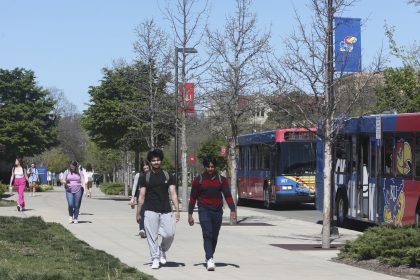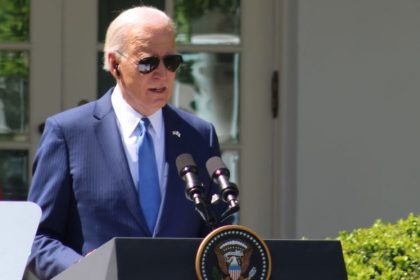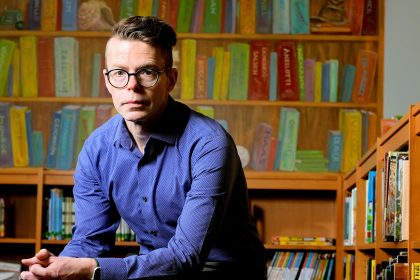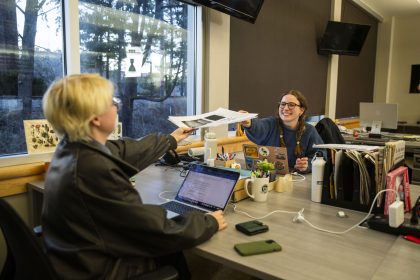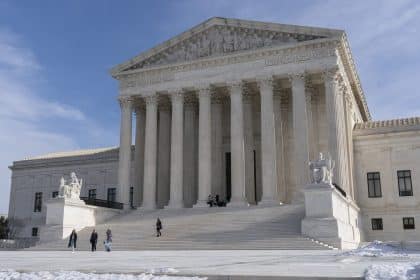Federal Reserve Bank President Links Wage Inequity to Lack of Educational Investment
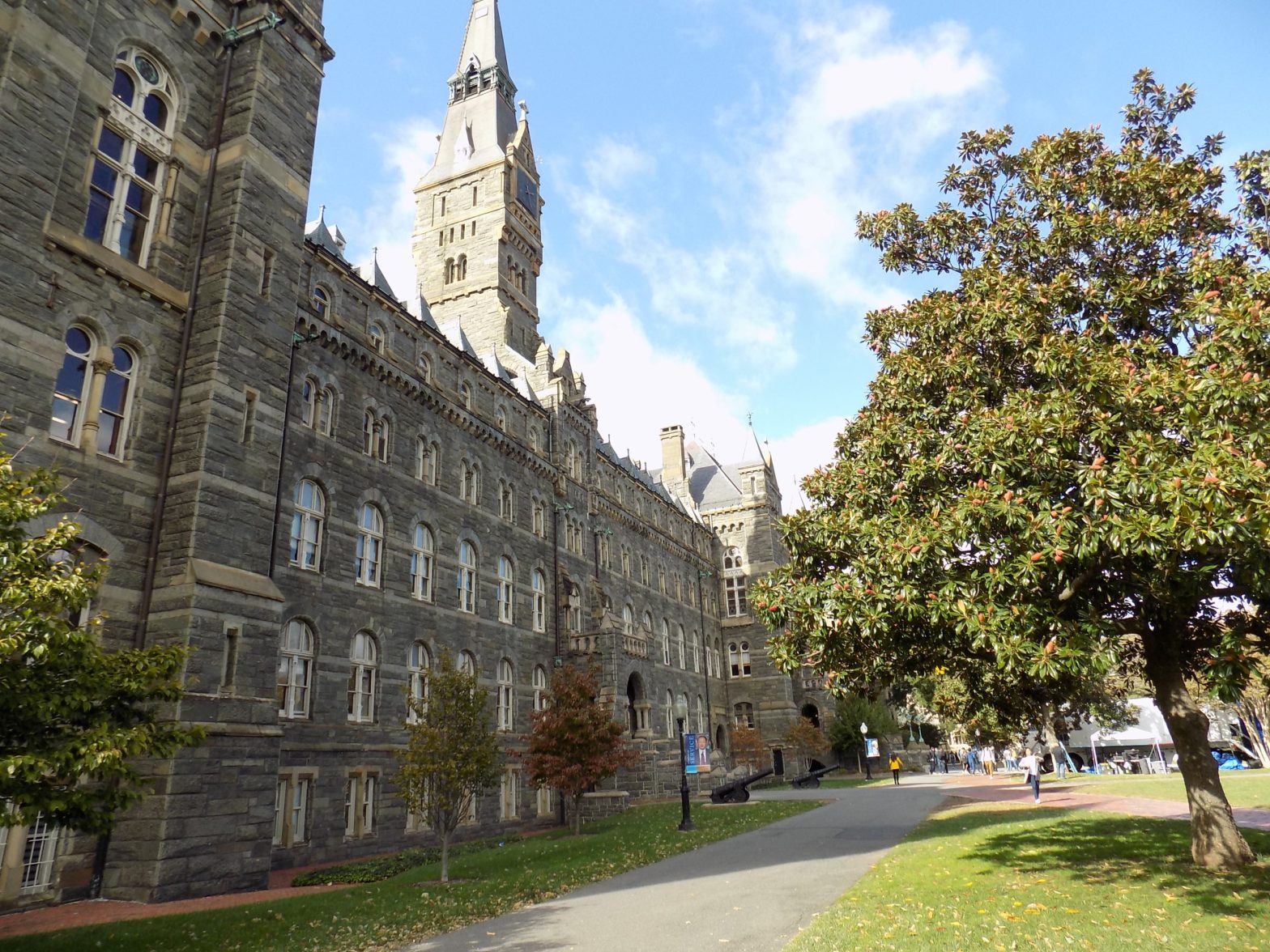
The high cost of higher education, lack of adequate college preparation for all and the “digital divide” between rural and urban populations are all areas in which greater investment is needed, according to the president of the Federal Reserve Bank of Cleveland.
These “barriers” to entering and continuing higher education, Loretta Mester said, are key drivers of the wage inequality that has only been increased as more low- to mid-skilled jobs are being replaced through technology.
Mester’s remarks came on the second day of a conference entitled, “Uneven Outcomes in the Labor Market: Understanding Trends and Identifying Solutions,” which was hosted by the Federal Reserve Board of Governors and the Federal Banks of Atlanta, Boston, Cleveland and Philadelphia.
The average cost of education has increased more than twofold in the last three years, Mester said.
With these dramatically escalating costs has come a greater college debt disparity between Whites and minority students — and a higher debt and default rate among this population of students.
“These defaults can fall on a person over time, making it harder to access credit in the future,” Mester added, pointing out one of the links between education and the widened wage inequality gap.
“The need to ensure that all families have access to high-quality education as a path toward economic opportunity and inclusion, and a strong economy, is becoming even more important over time,” she said, noting this is not an area the U.S. can currently be “proud of.”
“We are likely under-investing in education from a society’s viewpoint. Indeed, the US does seem to lag behind other advanced economies in terms of educational achievement and skill levels,” she said.
Mester pointed to a recent study by the Organization for Economic Cooperation and Development, which ranked the US in the 15 and 24 spots for literacy and numeracy respectively, out of 32 OECD member countries.
Despite the latter being “troubling,” she noted it was not “insurmountable.”
Mester also pointed to a recent Federal Reserve survey that found 22% of respondents did not complete their degree due to poor grades. These “pauses” point to an increased need to prepare individuals for college, she said.
“The foundation has to be laid very early in life,” she said, adding that “when children fall behind, it’s often difficult to catch up.”
This educational investment includes providing the schools and families with financial support, Mester said, as well as providing more tools like mentoring and tutoring to assist children as they progress through the different levels of education – from preschool and elementary education to high schools.
Digital delivery of informal and formal forms of education have been present prior to the novel coronavirus pandemic, Mester noted. However, this was always subject to the negative effects of “digital divide” – a term frequently used, particularly by the Federal Communications Commission, to describe the wide gap in broadband access between rural and urban populations, and the higher use of broadband in urban and suburban areas.
“One part of the investment needs to be in closing the digital divide between lower income areas and higher-income areas,” Mester said.
Focusing more investment to tackle these educational barriers is imperative to achieving an inclusive and stronger economy, “one that is able to live up to its true potential,” she said, pointing to the Fed’s intersection with economic opportunity through monetary policy decisions and community development in lower-income areas as “intrinsically tied” with a country’s economic growth. It further provides these families with the chance to fully participate in the labor force, as well as a trickle-down effect to their children by opening the door to more opportunities by raising the standard of living.
The rise of technological advancements has also made it vital to invest in human capital to increase the skills and knowledge necessary to achieve this full participation, Mester said. Low- to mid-skill jobs are in less demand due to technology replacing the “routinized work of these jobs,” but Mester pointed out that “computers are less suited to replacing workers and occupations that require abstract thinking, high levels of cognition and higher levels of education.”
“The intersection of technology and work means that the type of skill sets in demand are going to be different than in the past and include things like problem-solving and how to deal with ambiguity in the face of rapidly changing environments,” she said, pointing to the same OECD report ranking the US 15 out 29 in problem-solving.
“Thoughtful and deliberate policies to make quality education the reality for all students and increase economic inclusion for those who have not had those opportunities in the past, better prepare us no matter how the nature of work changes,” she said.

















